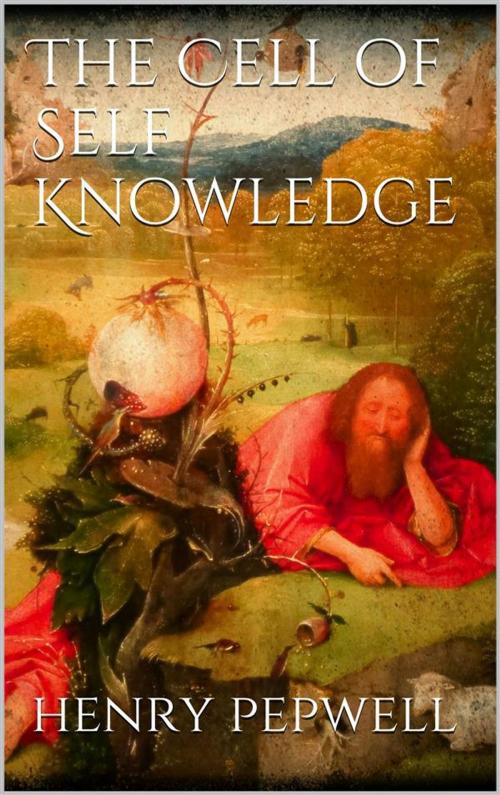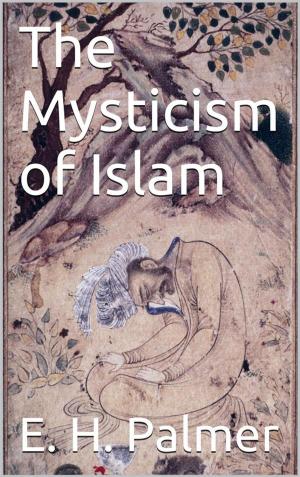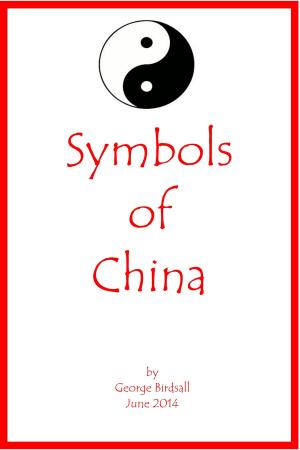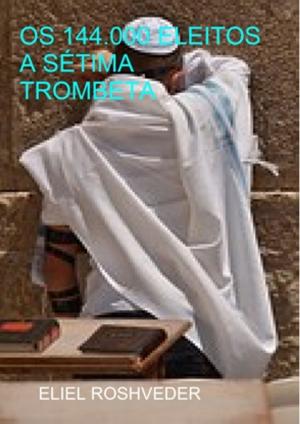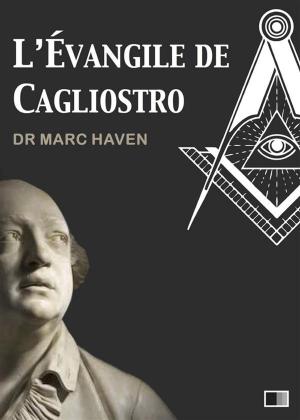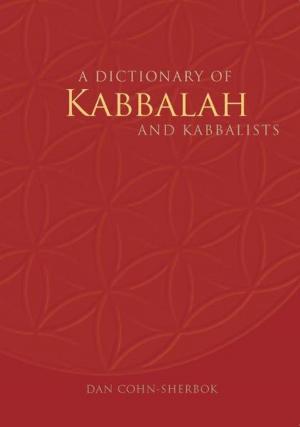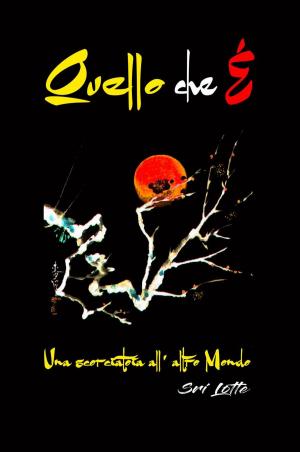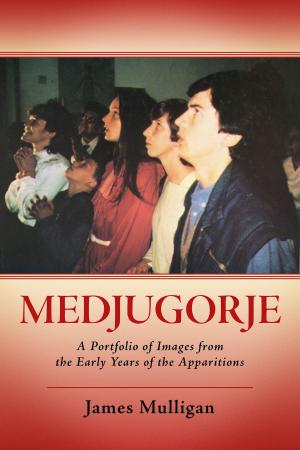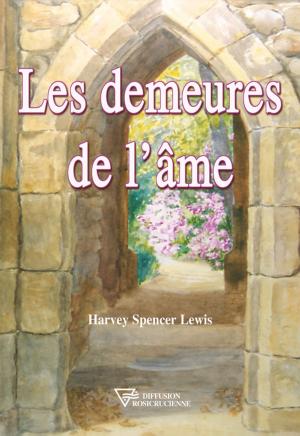The Cell of Self-Knowledge
Nonfiction, Religion & Spirituality, Inspiration & Meditation, Meditations, Mysticism| Author: | H. Pepwell | ISBN: | 9786050400250 |
| Publisher: | H. Pepwell | Publication: | July 21, 2015 |
| Imprint: | Language: | English |
| Author: | H. Pepwell |
| ISBN: | 9786050400250 |
| Publisher: | H. Pepwell |
| Publication: | July 21, 2015 |
| Imprint: | |
| Language: | English |
FROM the end of the thirteenth to the beginning of the fifteenth century may be called the golden age of mystical literature in the vernacular. In Germany, we find Mechthild of Magdeburg (d. 1277), Meister Eckhart (d. 1327), Johannes Tauler (d. 1361), and Heinrich Suso (d. 1365); in Flanders, Jan Ruysbroek (d. 1381); in Italy, Dante Alighieri himself (d. 1321), Jacopone da Todi (d. 1306), St. Catherine of Siena (d. 1380), and many lesser writers who strove, in prose or in poetry, to express the hidden things of the spirit, the secret intercourse of the human soul with the Divine, no longer in the official Latin of the Church, but in the language of their own people, "a man's own vernacular," which "is nearest to him, inasmuch as it is most closely united to him."[1] In England, the great names of Richard Rolle, the Hermit of Hampole (d. 1349), of Walter Hilton (d. 1396), and of Mother Juliana of Norwich, whose Revelation of Divine Love professedly date from 1373, speak for themselves.
The seven tracts or treatises before us were published in 1521 in a little quarto volume: "Imprynted at London in Poules chyrchyarde at the sygne of the Trynyte, by Henry Pepwell. In the yere of our lorde God, M.CCCCC.XXI., the xvi. daye of Nouembre." They may, somewhat loosely speaking, be regarded as belonging to the fourteenth century, though the first and longest of them professes to be but a translation of the work of the great Augustinian mystic of an earlier age.
FROM the end of the thirteenth to the beginning of the fifteenth century may be called the golden age of mystical literature in the vernacular. In Germany, we find Mechthild of Magdeburg (d. 1277), Meister Eckhart (d. 1327), Johannes Tauler (d. 1361), and Heinrich Suso (d. 1365); in Flanders, Jan Ruysbroek (d. 1381); in Italy, Dante Alighieri himself (d. 1321), Jacopone da Todi (d. 1306), St. Catherine of Siena (d. 1380), and many lesser writers who strove, in prose or in poetry, to express the hidden things of the spirit, the secret intercourse of the human soul with the Divine, no longer in the official Latin of the Church, but in the language of their own people, "a man's own vernacular," which "is nearest to him, inasmuch as it is most closely united to him."[1] In England, the great names of Richard Rolle, the Hermit of Hampole (d. 1349), of Walter Hilton (d. 1396), and of Mother Juliana of Norwich, whose Revelation of Divine Love professedly date from 1373, speak for themselves.
The seven tracts or treatises before us were published in 1521 in a little quarto volume: "Imprynted at London in Poules chyrchyarde at the sygne of the Trynyte, by Henry Pepwell. In the yere of our lorde God, M.CCCCC.XXI., the xvi. daye of Nouembre." They may, somewhat loosely speaking, be regarded as belonging to the fourteenth century, though the first and longest of them professes to be but a translation of the work of the great Augustinian mystic of an earlier age.
